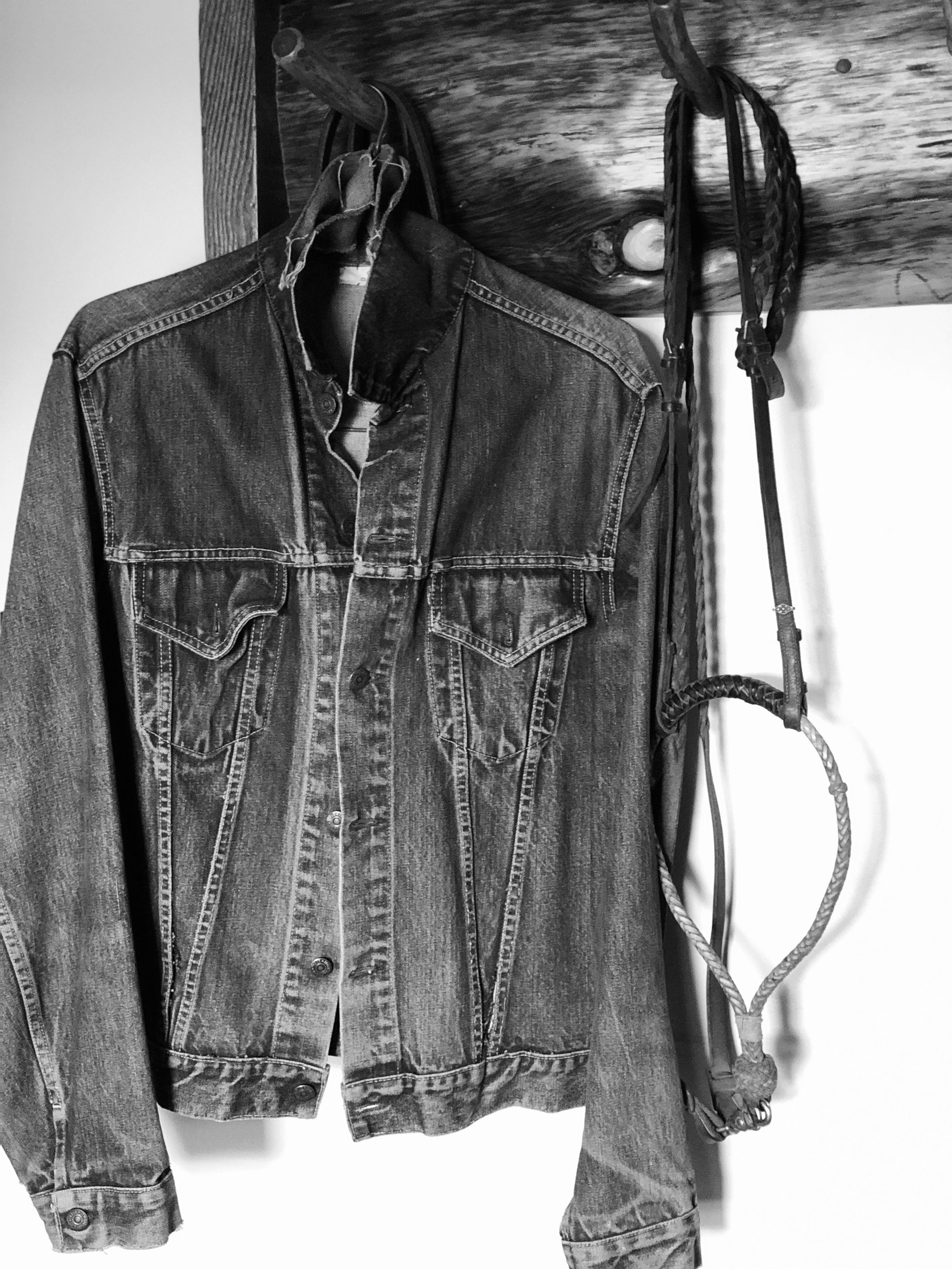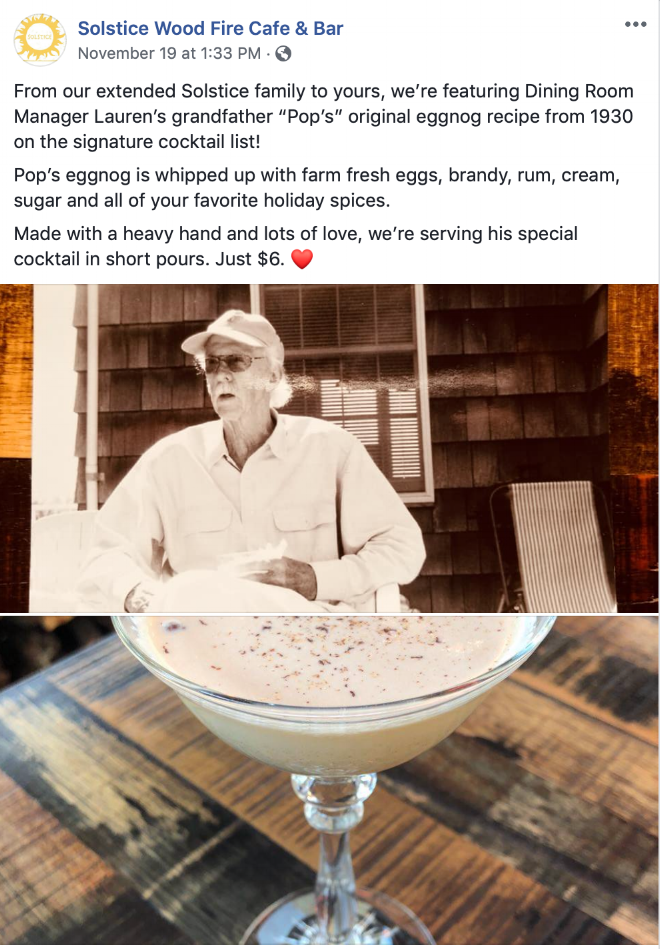Well, just when you think you have it all figured out, you find out that you don’t.
If you read my last piece, Here’s My Card, you’ll know that I created a new business card. Not so much as a way to market myself, but to introduce myself. The me, myself, and I that is now 70 years old.
In that blog I make no bones about the fact that I’m not a fan of the camera. It’s the rare photo of myself that I like, which means that every time another photo op comes along, I’m already tense and pretty sure it’ll quickly become another deleted photo. Which it often does. It’s a vicious cycle that’s been hard to break.
In real life, not in front of the camera, I actually think I’m pretty cute. Beautiful, even. I walk through life, into a room, or up onto a stage with confidence. Confidence in who I am, what I bring, and, how I look. But bring in a camera, and all bets are off. It’s like, “Wait, that’s not how I look.”
The blog was waiting for subscribers to my newsletter when they woke up this morning. My eldest daughter texted me about what I had written. She wanted to push back against what she had read. Her text brought me to tears as she talked about how she sees me. In her eyes, I’m beautiful. Always have been, always will be. Even when my hair was permed. (That might be taking it a little too far. If I was meant to have curly hair I would have been born with it.)
After our text exchange, she followed up with a Marco Polo. I learned three things from her beautiful, honest, and insightful message:
Even though she no longer lives in my home, she’s still paying attention.
We are always modeling what it looks like to the generation behind us. More than anything I want them to see what it looks like to age with grace. To embrace the changing face in the mirror with love and respect, wrinkles and all. To fiercely tend to the needs of a body not meant to live forever. To laugh at ourselves because it’s good medicine for whatever ails us at any age. To look through the camera and connect to the people on the other side of the photo.
It’s time to make friends with the camera, because every photo captures an irreplaceable moment in a never-to-be-repeated life.
How we talk about ourself matters.
Our thoughts create our words. Our words create our stories. When we tell our stories, others are listening. What is the story I want others to hear? If, as I profess to believe, that we are all created in the image of God, then every single one of us is beautiful in our own unique way. And that includes me.
It’s time to talk to and about myself as one who reflects the beauty of the One who made her.
Deeply rooted stories require uprooting.
My daughter reminded me that my dad feared old age. He fought it. He denied it. He made some of us a little miserable in our efforts to love and support him well as his time on the planet grew shorter. I wonder if my apple doesn’t fall too far from his tree. There isn’t a ready answer to that question. Maybe yes, maybe no, probably a little bit of both. Regardless, there’s still plenty of time to do something about it.
It’s time to dig in, dig out, and cultivate a better story. A more accurate story. A story that I want my children to be able to tell their children about who I was, how I lived, and, how I left.
Like I said, just when you think you have it all figured out, you don’t. Which is why we need people in our lives who love us enough to push back.









